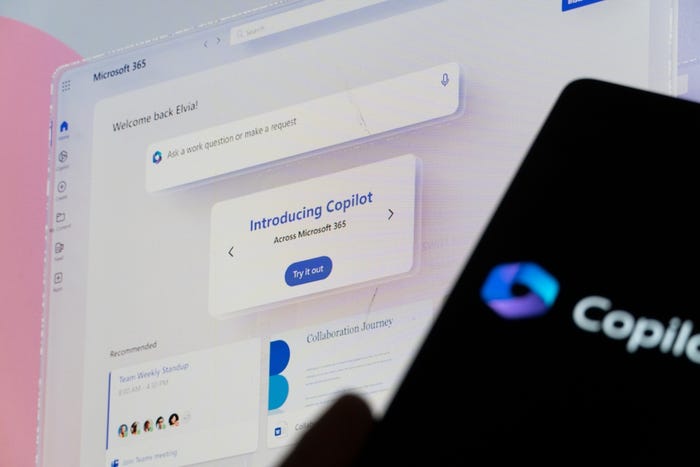Cloud Computing News & Updates
Welcome to our Cloud News & Updates page, designed for channel partners, advisors and tech vendors. Stay informed on the latest trends, services, and innovations in cloud technology. Explore breaking news, cloud market analysis and expert insights to empower your business and better serve your clients in the dynamic cloud computing landscape.
AI cybersecurity threats challenged by Cisco Hypershield
Cybersecurity News
Cisco Takes On AI Cybersecurity Threats, Launches 'Hypershield'Cisco Takes On AI Cybersecurity Threats, Launches 'Hypershield'
The tool leverages hyperscaler technology, bringing a fresh data center/cloud security approach.








































